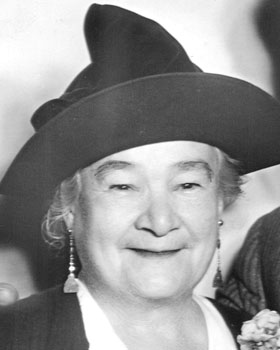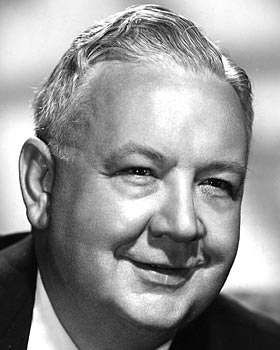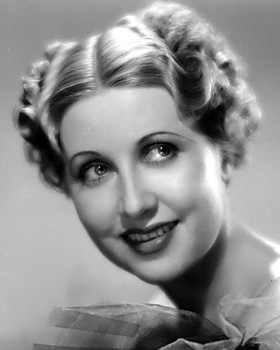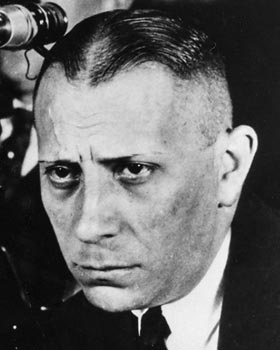Ernestine Schumann-Heink
Ernestine Schumann-Heink was a diva of the operatic and concert stages and adopted mother of all World War veterans.
Schumann-Heink, acclaimed as probably the world's greatest Wagnerian contralto, achieved riches as an operatic and concert prima donna and, in the twilight of life, won a huge popular following in vaudeville, radio and motion picture theaters as a singer of simple German lieder.
She had all but retired from public singing appearances when in May 1935, she found herself launched on a new career as a motion picture actress. It was only a small bit as singing instructor to Nino Martini in the Pickford-Lasky Corporation film "Here's to Romance."
She was a star in her own right, backed by 20 years experience on German operatic stages, when she made her first appearance in America on Nov. 7, 1898, singing Ortrud in a presentation of Wagner's "Lohengrin" at the Auditorium Theater in Chicago.
One of her last stage appearances took place Feb. 25, 1926 when she emerged from retirement to sing Erda in "Das Rheingold" with the Metropolitan Opera.
The World War I years were difficult for Schumann-Heink. She had sons in both the American and German armies and another was aboard a German submarine. But she held loyally to the land of her adoption, touring the training camps, singing for the soldiers and begging indulgence for her boys in the German army because they were doing their duty as they saw it. She was widely popular among war veterans and was an honorary officer of the American Legion. Throughout the army she was universally called "Mother."
Related stars
|





Share a thought about Ernestine Schumann-Heink